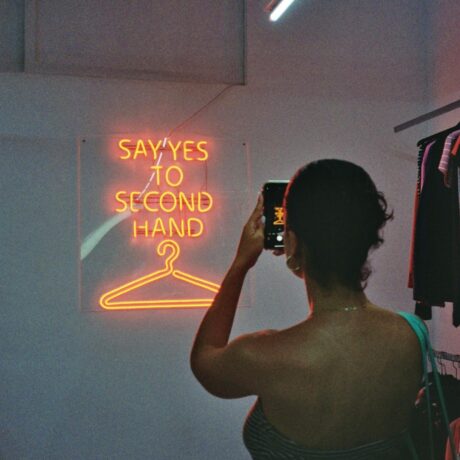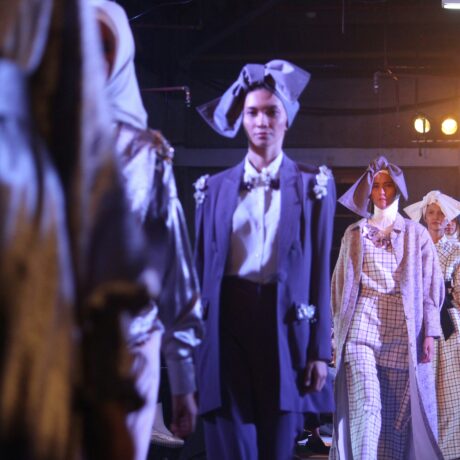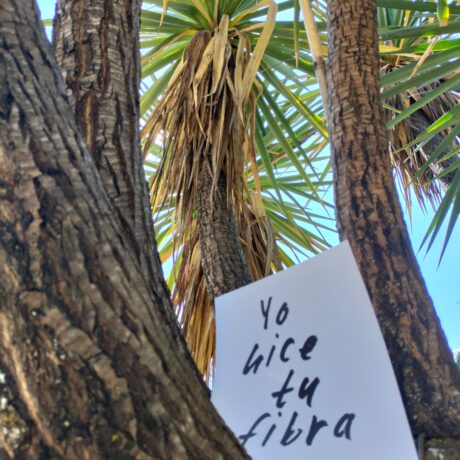Made in China: We are not machines, we are humans.
This is a guest blog post by Veshin Factory
Xiao Wei has been the Executive Director of a luxury accessories factory in China for the past three years, and in that time has witnessed firsthand the insincere treatment from clients and brands. Factories in China are often wrongly judged due to years of negative press killing their reputations making it even harder for these factories to thrive.
In 2020 Veshin Factory was founded to rewrite this narrative. Founder and co-owner of Veshin Factory, Joey Pringle, sat with Xiao Wei to shed light on the reality of operating a factory in China and give her the spotlight to share her experiences. This is her time to be heard so that the necessary change can happen.
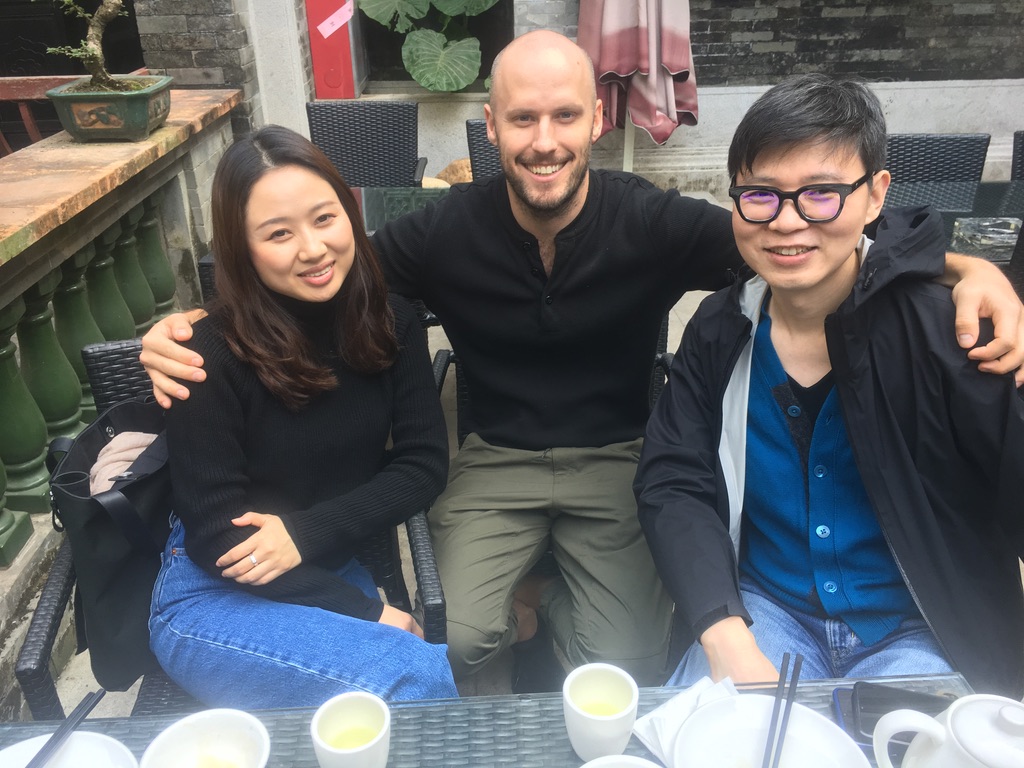
Joey: Hi Xiao, can you tell us a bit more about your background and history of the factory?
Xiao Wei: I am originally from Nanjing province and attended school at Marangoni School of Fashion in Milan, receiving my Master’s in Fashion. Hongliang, the owner of the factory, is my business partner & soon to be husband. He has operated the factory for eight years and I have been the Executive Director, running the day to day of the factory, for three years.
Joey: What products does the factory produce and what category of brands do you work with?
Xiao: We are a luxury leather handbag and SLG’s factory. We mostly work with brands in the luxury & high-end sectors. Some clients are from China but the majority are from overseas, mainly Europe, America & Australia.
Joey: What is your typical relationship like with the brands you have worked with?
Xiao: Hongliang and I both have backgrounds as designers & developers, so we are more respected than other Chinese factories. We seem to be luckier than many other Chinese factories, as we have heard terrible stories about how disrespectful and unfair brands can be to their manufacturers. Many brands enforce bad payment terms, such as paying for the product only after it is delivered, versus before it is shipped.
This is extremely risky for the factory as it sometimes results in them not receiving the payment. Unfortunately, the factory cannot fight the terms out of fear that they will lose the brand’s business because competition is so high. The brands have the upper hand here so they are in the position to negotiate terms that work best for them, not the factory. Even though we do get more respect than most, we are still treated like machines and not humans.
Requests tend to be incredibly strict, some even requiring absolutely zero mistakes, even for a production run of 1000 handbags. There is no room for error and if one piece is not perfect they will express their anger. But, the reality is that when you make 1000 bags, it is impossible for them all to be perfect. They do not understand that they are made by hand, by humans, and mistakes happen. This type of pressure makes us very nervous.
Joey: Why do you think the brands do not showcase information regarding who made their products?
Xiao: Mostly it’s because they do not want their competitors to find out where they produce. It’s a very competitive market in fashion. We have to sign lots of contracts with the brands so it’s always exclusive. For production they control us. We are not allowed to tell anyone or use their names for our marketing. We are very good in R&D, sourcing and production quality so they do not want their competitors using our skills and network.
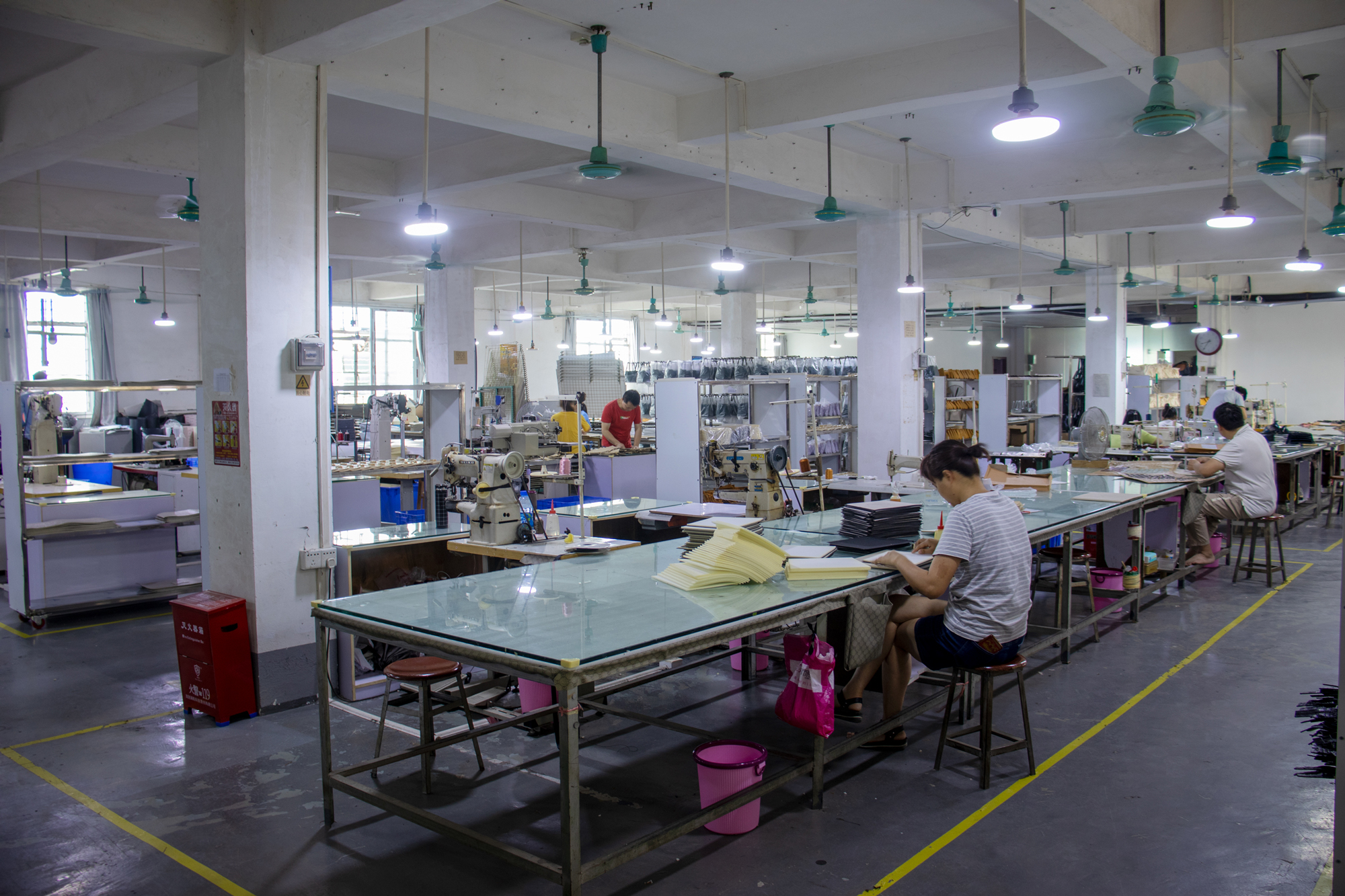
Joey: For you to be able to support them you need to grow as a factory. How do they expect you to grow as a business if you’re not allowed to be transparent about who you work with?
Xiao: Unfortunately, they do not think about us. They do not care that we are also trying to grow a business. They simply think about growing their businesses and need us for that business growth but ultimately they do not care about us.
Joey: Do they care about the staff, auditing & social compliance?
Xiao: Brands rarely care about these things. Sometimes big companies will ask but cost is always a priority over these. It is not like the sustainable minded brands who require auditing and certifications. I find that sometimes the western world is a bit contradicting. Some brands will act as if it is important but they will still continue to bargain for extremely low prices. This limits us and makes it difficult to pay for staff insurance or make products at a luxury quality. What they are looking for is a miracle.
Joey: What are the hardest things about working with the current brands that you wish you could change?
Xiao: Brands can be very picky and are always looking for excuses to receive discounts. If there are any imperfections, like a wrinkle in the fabric, they refuse to accept the product. It is in their contracts that any products from production that they do not buy we cannot use elsewhere, so we have to either give the products to them for free or destroy them. We have no other choice but to give them the requested discounts. They leave us in a really bad position as we ultimately need to make money on finished goods. I wish this could change.
Joey: China has a very bad reputation & stigma around manufacturing, why do you think this is?
Xiao: I agree that in the past, Chinese manufacturing was not very good but today it is changing and is very different. The government is now very strict about social compliance and holds manufacturers highly accountable. Unfortunately, because in foreign markets there are still so many cheap products that say “Made in China” and old stories about sweatshops are still circulating, the perception is still negative.

Joey: The current factory is very unique to the standard factory in China. Can you tell us more about your approach?
Xiao: With our workers we try to accommodate them to help them grow outside of work which can, in turn, benefit our factory. If one of our staff members strives to learn better English, we give them grants for extra study. We try to hold ourselves to the same standards as Western society with increased benefits and creating a positive, safe environment for our workers.
Because we specialize in higher quality products, we do not need to make as many pieces. We can keep costs high because of our quality and in turn, this all means less pressure to require overtime for our team. Sometimes during busy seasons, such as Christmas, we will ask our staff to work overtime, but ensure that they receive time off to compensate for that. We are unique in that we pay our staff salary versus the industry standard of paying employees by piece.
We could add additional production lines to make more money, but we want the space to be comfortable for our staff so they can walk around freely and the air is not stuffy resulting in a better working environment. Many western brands do not know this is why some Chinese factories have higher prices, but we hope that if brands understand this they won’t always push for such low prices. We think long term and understand the future of the planet. This is why we created Veshin. We want to have more nationalities and different skilled people on our team from all over the world. We want to start offices and factories in different countries that mirror our model.

Joey: How is it being a female executive in a very senior role in manufacturing?
Xiao: Personally I find it’s good. I am a very strong person and inside the factory I have lots of respect. Outside of the factory, businessmen are still very strong in Chinese society, however, when I speak they quickly see that I am strong and they respect my experience. China is changing though and we have a lot of powerful women executives. I read an article recently stating that China actually has the most women in senior leadership in the world.
Joey: Moving forward, why do you think Veshin brands are different to the previous brands you work with?
Xiao: I see a very big difference right away. Veshin customers are very transparent, very sweet and very understanding that we are still human. They have bigger tolerance whereas previous brands expect us to be like a machine. They see the relationship more human to human which we love. You feel more warmth and some clients have even given flowers to our workers. We feel a connection and our staff say we need more clients like this.
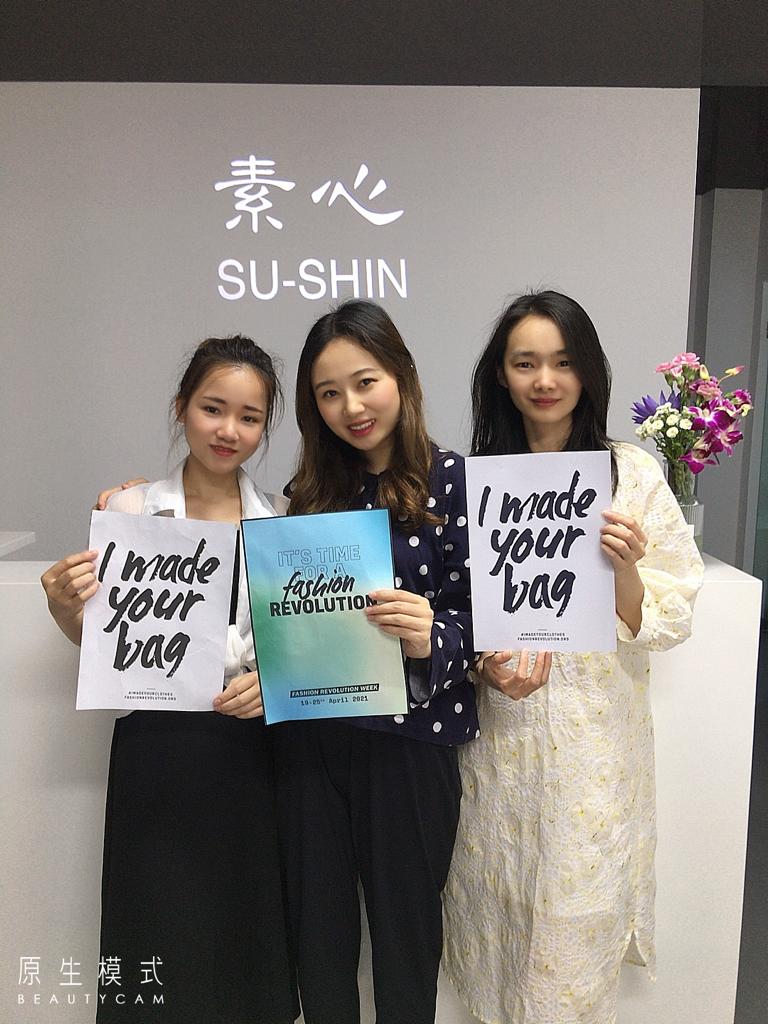
Joey: What excites you moving forward about working with these types of brands?
Xiao: We as owners are happier working like this. We don’t feel like a robot going to work anymore. We are helping them build their brands and we are just as excited to see them grow. You get to be a part of the success and it gets to be recognised.
Joey: Can you describe what the dream brand looks like for doing business with?
Xiao: Customers that understand how we operate and have fair human to human contact. If you work hard for us, we will work hard for you. They will visit us more and are more transparent about us. We can learn and improve together.
Joey: What does Fashion Revolution mean to you & why you excited about working with Fashion Revolution moving forward?
Xiao: Fashion Revolution for me is a place to change the fashion world. It is allowing everyone who wants to change the darkness to build and better future for everyone in fashion. We want to create an environment moving forward where the relationship is 50/50 with our brands. We don’t want to work under fear or pressure anymore. Fashion Revolution is helping us achieve this culture.




